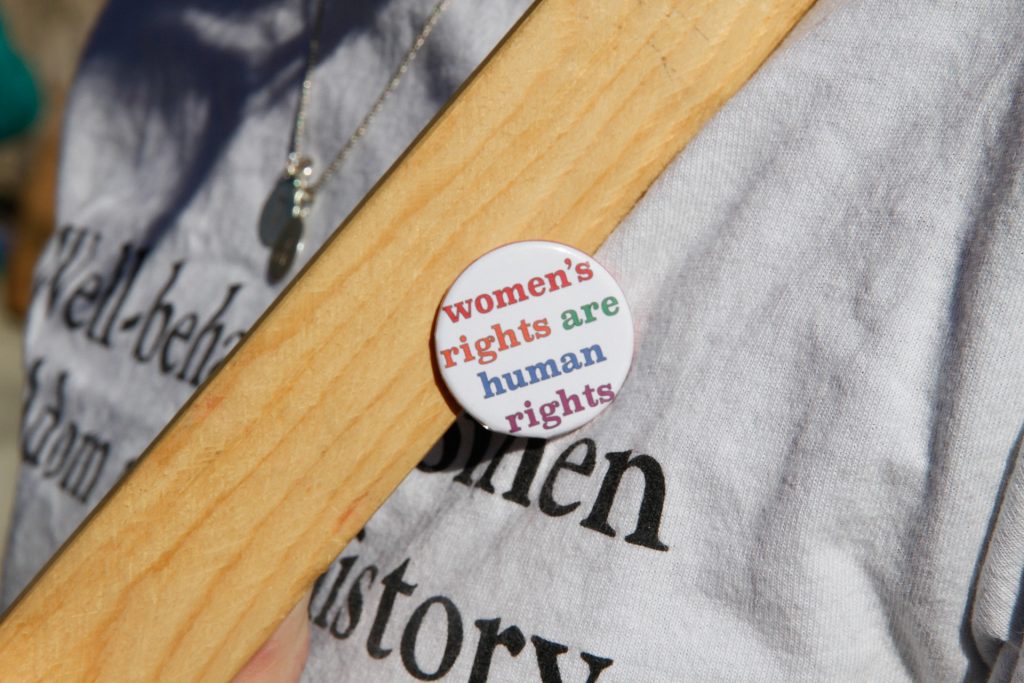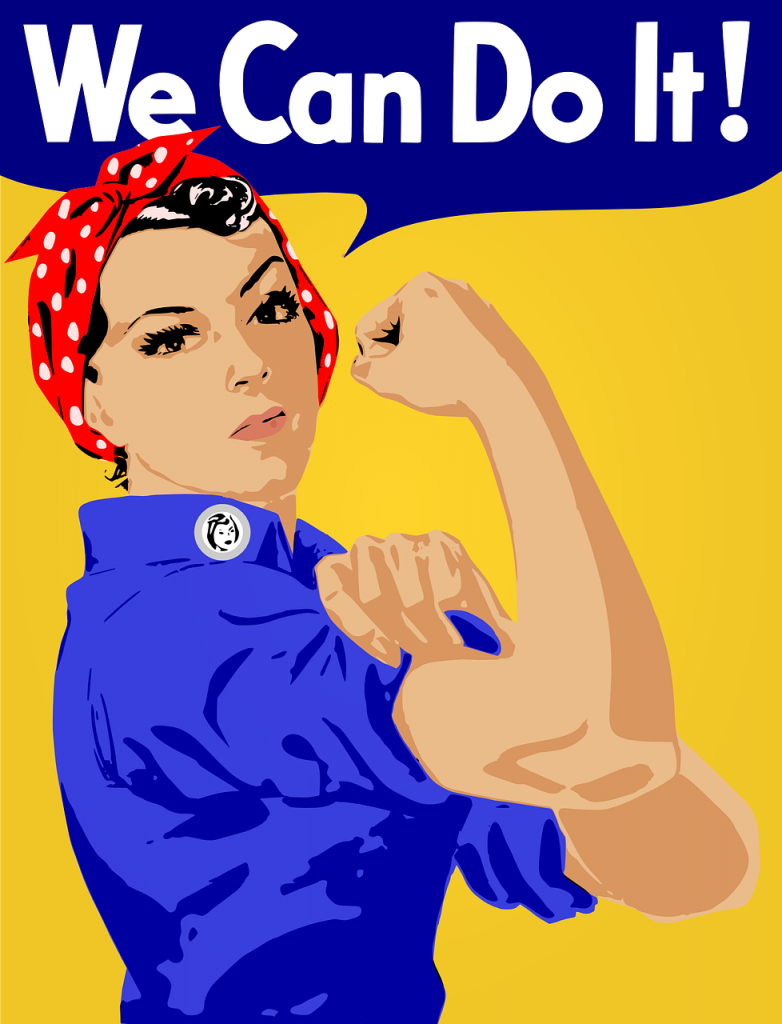Change language:
The Future is Female: Hungarian women’s rights today – and historically

The celebration of the International Women’s Day may even be more relevant today than it was in 2011 when the Istanbul Convention against violence had been opened for signatures. The lack of Hungarian ratification makes one wonder about questions of Hungarian feminism today – and historically.
Currently, 364 days of the year can be considered men’s day in Hungary, just as in overall throughout the world: by today, structural inequalities have decreased, but they have not at all ceased to exist. Differences in the workplace, salaries and wages and everyday treatment are still apparent. We have written about Hungarian women at the forefront of history, and others who paved the way for future generations. Now it is time to take a look at feminism from a historical perspective.
Where does Hungary have a stand in this, and how did women’s rights in Hungary evolve?
Feminism seems like a curse-word in Hungary at times, though the majority usually does not even know what the term exactly means. It is to acknowledge the systematic and structural disadvantages that women suffer solely based on gender. In Hungarian social history, contrary to other countries, there were no real suffragette movements for women’s rights. Instead, we can differentiate forerunners precluding their own era regarding feminism.

Blanka Teleki and Klára Leövey are considered as the main figures of the history of Hungarian feminism: they were both engaged with the enhancement of women’s active role in society and the idea of a girls’ school. The foundations of the school were laid before the revolution despite serious lack of support both from family and the society.
The women were sentenced to 5 and 6 years in prison, following which they emigrated abroad without knowing that their common goal – an education policy for girls – is about to become reality, led by the 1868 education policy reform.

Following the Austro-Hungarian Compromise in 1867, the first Hungarian girls’ high school was established by Pálné Veres, another significant figure of Hungarian feminism. From that on, the main goal of these movement-like communities was to stabilise women’s position in education, and of course, their right to vote.
Women’s right to vote was eventually reached – although partially – in 1918, following a line of heated debates.
The possibility of women in duty in every segment, articulated after 1945 during the existing socialism in Hungary has led to ambiguous results regarding women’s emancipation. Although it rightfully enabled women to work, it was only a measure of propaganda causing women to do double-work: both work as profession and house-work. In 1980, an agreement about the prohibit of women’s discrimination was announced.
Feminism today – the main issues

It is hard to navigate in a society which is living „the feminist spring” and a new offspring of neo-conservativism at the same time. The view that women’s place is in the kitchen is reinforced by populist and right-wing politicians, causing a struggle in women’s everyday lives.
The lack of Hungarian ratification of the Istanbul Convention against violence is at least worrying concerning the government’s views on feminism and women’s right.
Topics such as the right to abortion, equal payment, violence and abuse against women in- and outside of the family and structural differences are high on politicians’ and social thinkers’ agenda.
Although it is true that these differences have decreased to some extent – for instance, with regards to salary – they have not ceased to exist.
Source: Mult-kor.hu, Szupervumen.hu







